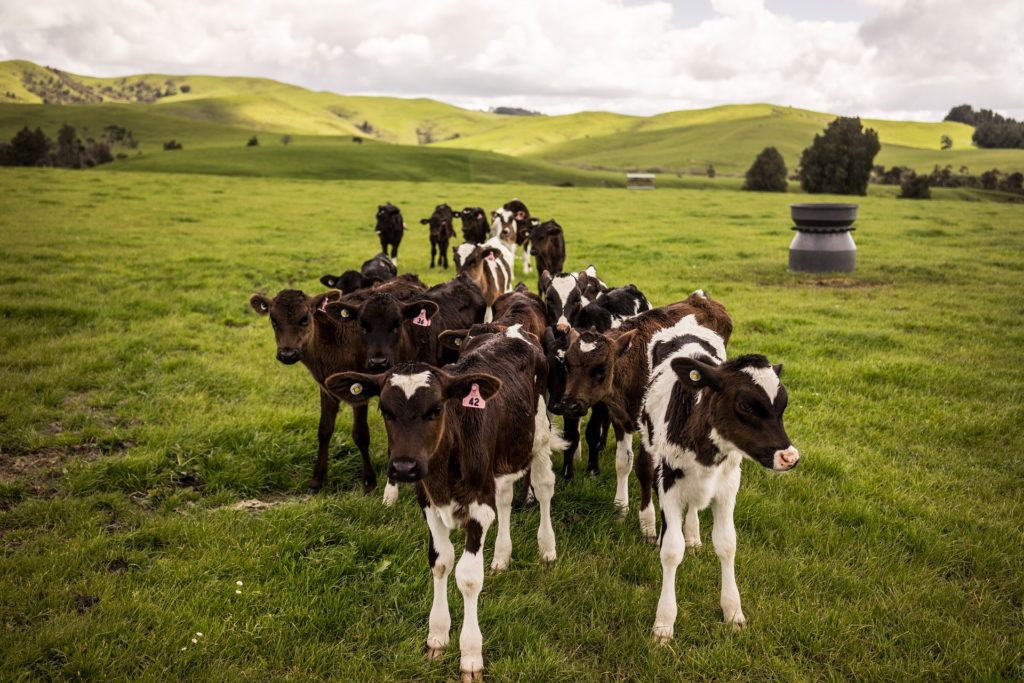I grew up in suburban New Zealand. We had meat and three veg every night for dinner, except some Friday nights when we had Chinese or “Fush ‘n chups”. This is what farms look like to me. My family would sometimes purchase a whole animal and divide it up amongst extended family. I remember getting to the bottom of the freezer and we would have the bag of frozen mystery meat left over. We would eat fresh fish that Dad had caught and one time we even had a brood of hens that we had to behead and pluck with friends of the family but mostly we would get our meat from the supermarket, like most families. Meat was a staple in our diets.

The truth is however that most of the beef, lamb, pork and chicken we eat doesn’t come from farms that look like the one pictured above. It comes from large scale factory farms where animals are kept in pens that look like dust bowls and fed corn. In the US 90 million acres of land is used to plant corn (that’s nearly the size of Germany) and it mostly is used for livestock.
This supply chain that we have created through our own demand for affordable meat is killing our planet.
Sounds pretty dramatic right? I mean how is the ground beef (mince) I buy killing the planet? Desertification, climate change, and the loss of biodiveristy. Its difficult to break down because there are some many parts to how we feed ourselves impacts the earth. Here are some points to chew on:
- Planting mono-crops, like corn, to feed the livestock, and using tilling methods removes biodiversity and the micro-organisms which are needed to encourage the development of healthy soil required to grow plants and retain moisture.
- The soil turns to dirt so we spray it with fertilizers and pesticides to grow crops which futher destroys the soil, and are harmful to us. Eventually the land becomes desertified so that nothing will grow.
- Throughout the parts of the year when the fields are fallow, there are no plants to draw down the CO2 from the atmosphere which results in warming the planet.
- We mostly feed these mono-crops to livestock which produce animal methane, effluent waste, and also consume large amounts of water and land
And this is besides the issue of the ethical treatment of the animals that are in the aforementioned farms. There is so much to this problem that it seems overwhelming and like it’s too big for an individual family to affect. It is true that you, on your own, may not make a huge difference, but you and your neighbor and their friends and their family and all of us that make the small changes can have a huge impact. It’s about the small choices we make every day that can not only slow the degredation but reverse it. I’m not sure about you, but I don’t want my kids and their kids to grow up in a world covered with deserts and devoid of the green places.
That is the why, what is the how? Stay tuned for how our family are implementing practical changes to ensure our planet is here for generations to come.

